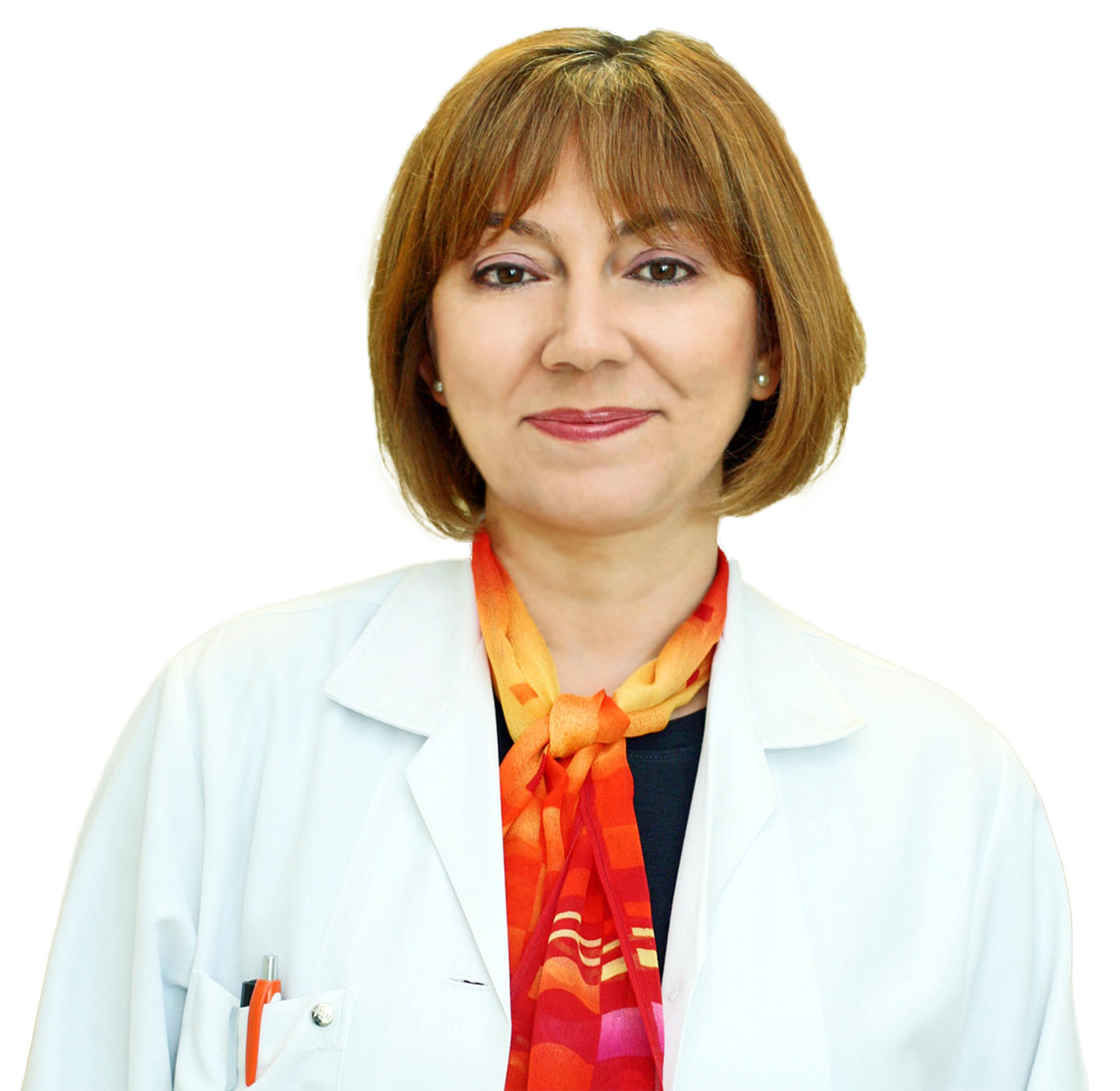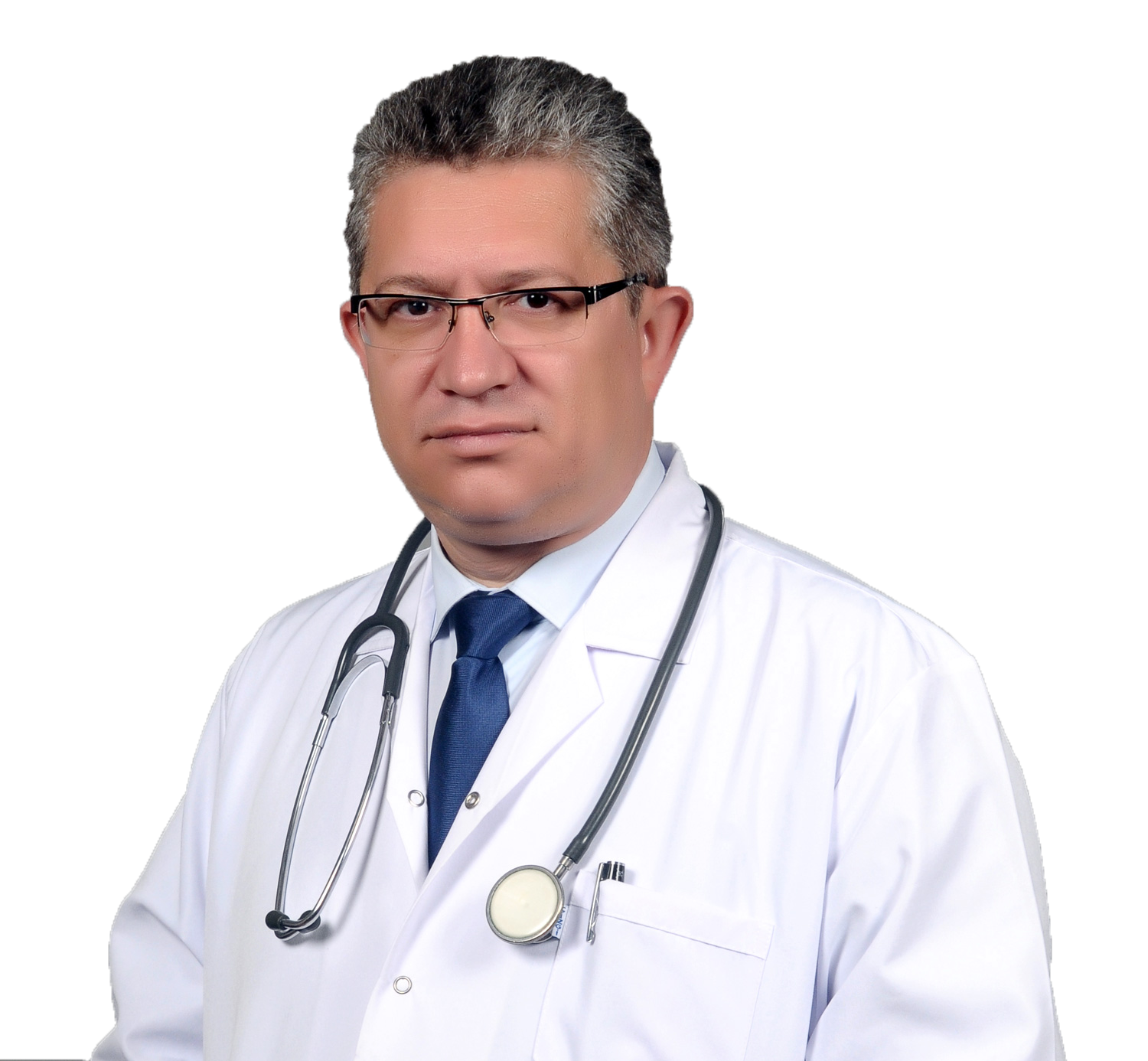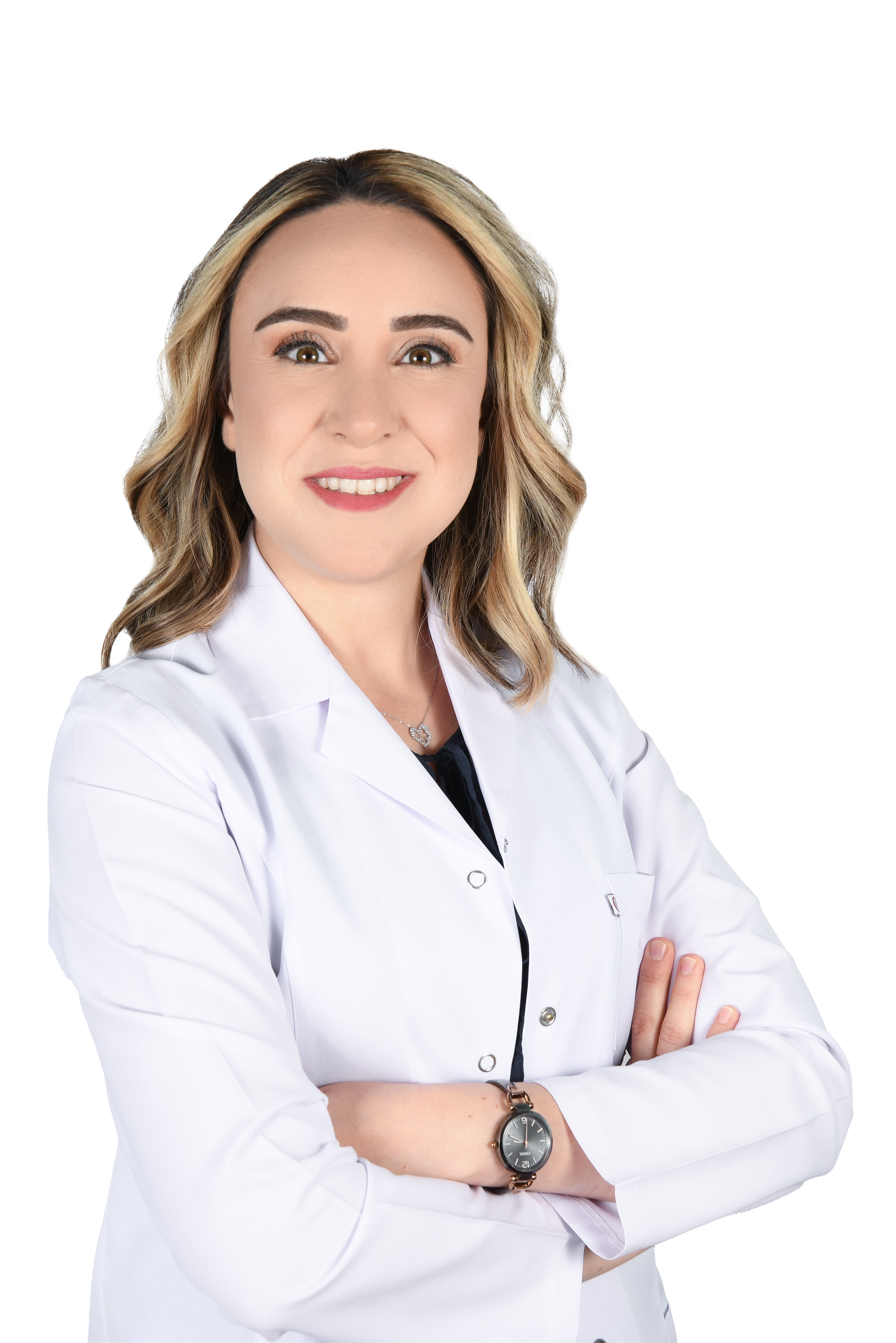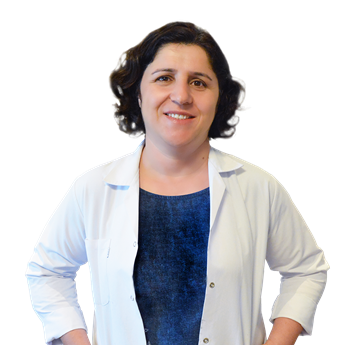NEUROLOGY
_1691069563.png)
Neurology, derived from the words "neuro" (nerve) and "logia" (study), is a medical discipline that deals with the physiology and diseases of the nervous system. The nervous system consists of the brain, spinal cord, and peripheral nervous system. Neurology department provides treatment for diseases that occur in any of these three parts and do not require surgical intervention. Neurology is divided into two separate branches: adult neurology and pediatric neurology. In our neurology department, in addition to outpatient and inpatient treatments, intensive care services are provided for diseases requiring intensive care.
What diseases does neurology handle?
Brain Vascular Diseases: Brain vascular diseases include brain hemorrhages and cerebral vascular occlusions. Stroke, commonly known as a "cerebral attack," occurs when one of the brain's blood vessels is blocked, leading to insufficient blood supply to that area of the brain and resulting in various neurological symptoms. Depending on the affected area, symptoms may include weakness on one side of the body, speech impairment, dizziness, visual disturbances, and loss of consciousness. Neurologists use Magnetic Resonance Imaging (MRI) or Computed Tomography (CT) scans to identify the blocked blood vessel and the affected area to determine the appropriate treatment. Besides vascular occlusions, brain hemorrhages caused by high blood pressure or venous hemorrhages due to venous obstructions are also considered brain vascular diseases. Non-surgical brain hemorrhages are monitored and treated by neurology specialists. Patients with loss of consciousness, requiring respiratory or cardiac support, are treated in the intensive care unit, while those not requiring intensive care are treated in the clinic.
Epilepsy: Epilepsy, commonly known as a seizure or convulsion, is one of the diseases followed by the neurology unit. The most common type of epileptic seizure is generalized tonic-clonic seizures, characterized by involuntary movements in the arms and legs, loss of consciousness, foaming at the mouth, and urinary incontinence. In the evaluation and treatment of epilepsy, EEG (electroencephalogram) is the primary diagnostic method used. Epilepsy can start in childhood or, rarely, in adulthood. If seizures occur in adulthood, patients should see a neurologist for necessary tests. MRI and EEG are the primary tests performed. The treatment of epilepsy is conducted by neurology specialists using antiepileptic medications. Our hospital performs both adult and pediatric EEGs and, when necessary, Sleep EEGs.
Demyelinating Diseases: Myelin is an insulating substance that covers nerve cells and is essential for the functioning of the nervous system. The loss of myelin leads to various neurological symptoms based on the functions of the affected nerve cells. The most common demyelinating disease is Multiple Sclerosis (MS). MS progresses in attacks, during which new neurological impairments may occur. After the attacks, symptoms may improve, disappear, or lead to permanent damage. The diagnosis of an attack is made based on the appearance of new neurological impairments in the patient and the presence of contrast-enhancing plaques in the MRI. Besides attack treatment, various preventive treatment options are available to prevent patients from experiencing attacks. MS is a chronic disease, and its monitoring and treatment are performed by neurologists.
Dementia: While depression is the most common cause of forgetfulness seen at a young age, the prevalence of dementia in society is increasing due to the aging population. Alzheimer's disease is the most common cause of dementia in old age. The symptoms begin with forgetfulness and progress with cognitive decline, thinking disturbances, difficulty in performing daily activities, refusal to eat, and withdrawal. Besides Alzheimer's disease, dementia can also be seen due to abnormalities in the brain's blood vessels. The diagnosis and treatment of these diseases are conducted by neurology specialists.
Headache: Headache is one of the most common complaints in society. Among the types of headaches, migraine and tension-type headaches are the most common. The diagnosis is made based on the patient's symptoms and the type of headache. The diagnosis and treatment of headaches are conducted by the neurology department. If necessary, patients may be referred to MRI or CT imaging for evaluation.
Movement Disorders: Movement disorders include Parkinson's disease, dystonia, essential tremor, dyskinesia, and restless leg syndrome, among others. Parkinson's disease, characterized by tremors in the hands, involuntary movements, expressionless face, and gait disturbances, is the most frequently seen disorder and is diagnosed and treated by the neurology department. Besides Parkinson's disease, if you have tremors in your hands, swaying movements like a pendulum, involuntary movements in your legs at night, or burning sensations, you can consult the neurology department to find the right treatment for your complaints.
Muscle Diseases: Among muscle diseases, Myasthenia Gravis, an autoimmune disease, and Duchenne Muscular Dystrophy, the most common genetic disease, are the most frequently encountered. In these diseases, there are disturbances in nerve-muscle conduction, leading to muscle thinning, decreased muscle mass, and impaired muscle contractions. Myasthenia Gravis commonly affects the eye muscles, leading to drooping of the eyelids, weakness in the eye muscles with visual disturbances and double vision, difficulty in chewing and swallowing, and later on, weakness in the arm and leg muscles. The diagnosis and treatment of these diseases are performed by the neurology department.
In addition to these diseases, neurology also deals with conditions such as vertigo (dizziness), facial paralysis, facial pains, diabetic neuropathy (nerve damage due to diabetes), and performs their diagnosis and treatment.
Neurological Tests Performed in the Neurology Department:
Neurologists deal with a wide range of diseases related to the nervous system and neuromuscular diseases, requiring diagnosis, follow-up, and treatment. In the diagnosis and follow-up of these diseases, tests measuring neural conduction and imaging methods are utilized. Some of the tests performed in our hospitals' neurology clinics include:
• Polysomnography (Sleep Study): Polysomnography is a sleep study used in the diagnosis of sleep disorders, and it can be performed in the hospital or at home.
• EEG (Child-Adult, Sleep-Wakefulness): EEG is an electroencephalogram used in the diagnosis and follow-up of epilepsy and some other diseases and can be applied to children and adults.
• EMG (Child-Adult): Electromyography (EMG) is an electrophysiological test that measures the connections between nerves and muscles. Neurologists perform EMG to assess and diagnose nerve-muscle conduction disorders in various conditions such as carpal tunnel syndrome, lumbar and cervical disc herniations, muscle diseases, facial paralysis, diabetic polyneuropathy, ALS or Guillain-Barre syndrome.
• Evoked Potentials: Evoked potential tests, such as SSEP (Somatosensory Evoked Potentials), VEP (Visual Evoked Potentials), and BERA (Brainstem Auditory Evoked Responses), are used in the diagnosis of certain diseases by measuring the nervous system's response to electrical stimuli in specific areas.
You can contact the neurology department to make an appointment if you have complaints related to snoring, sleep apnea, difficulty falling asleep, excessive sleepiness, or if you experience trembling in your hands, pendulum-like swaying movements, involuntary movements in your legs at night, or burning sensations.







